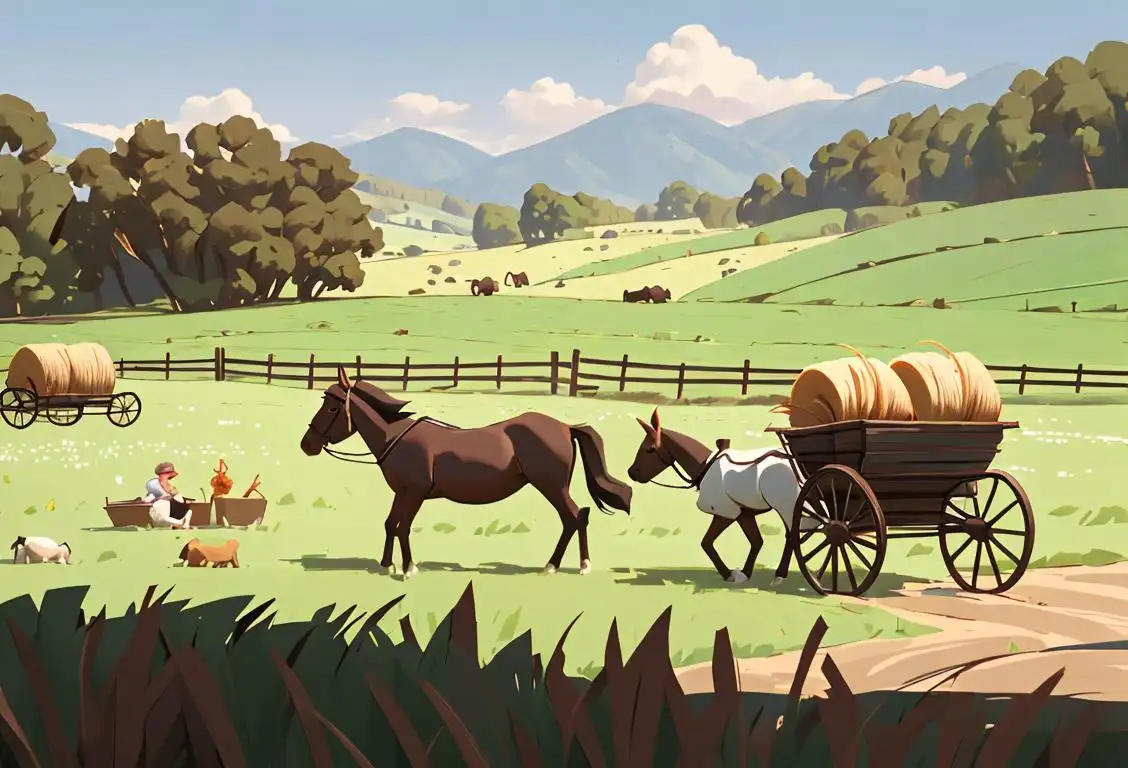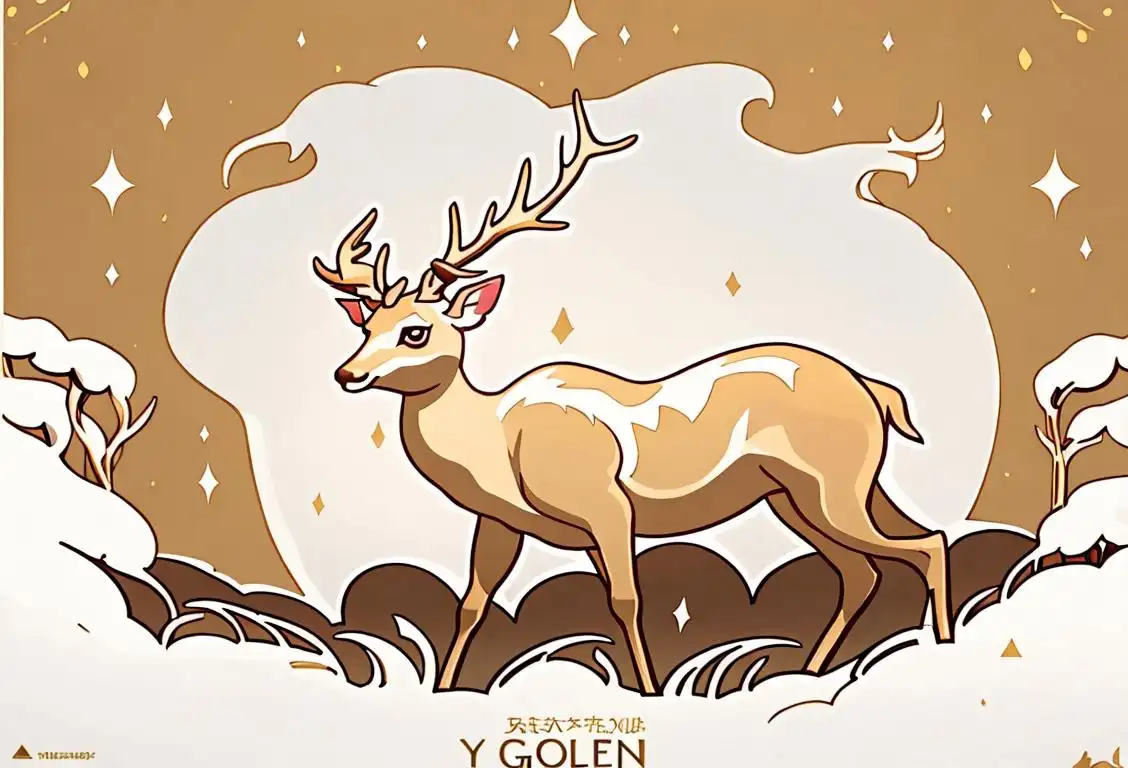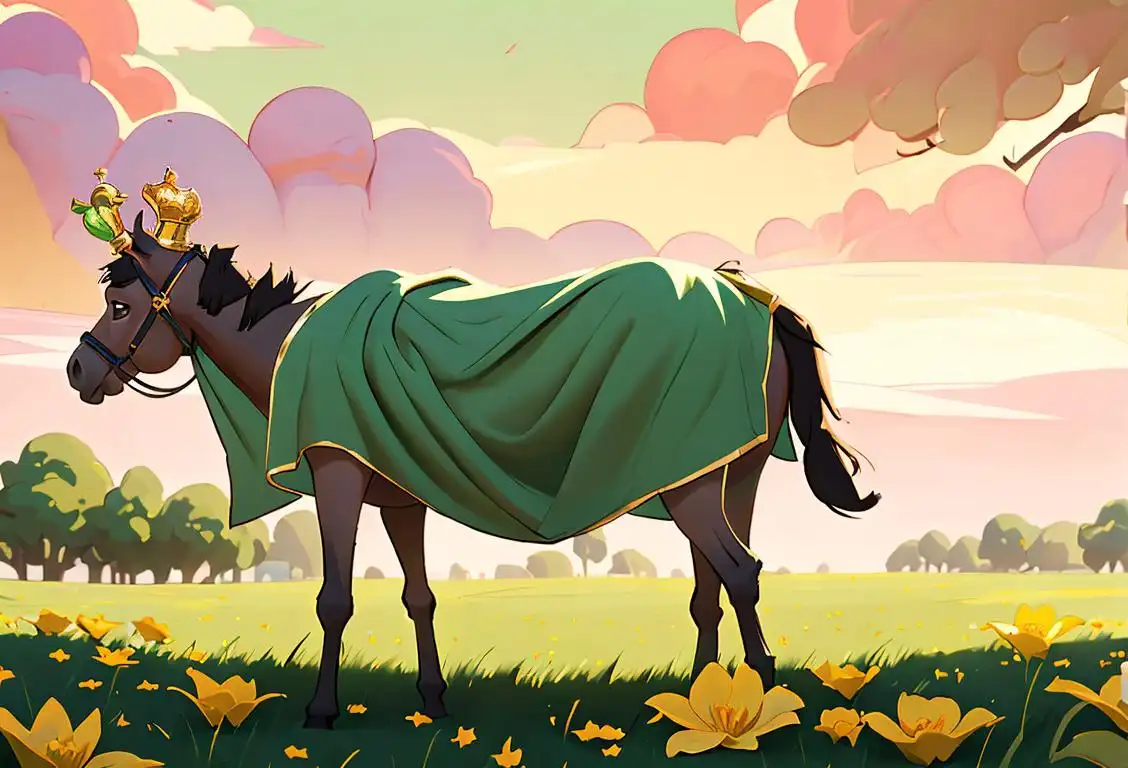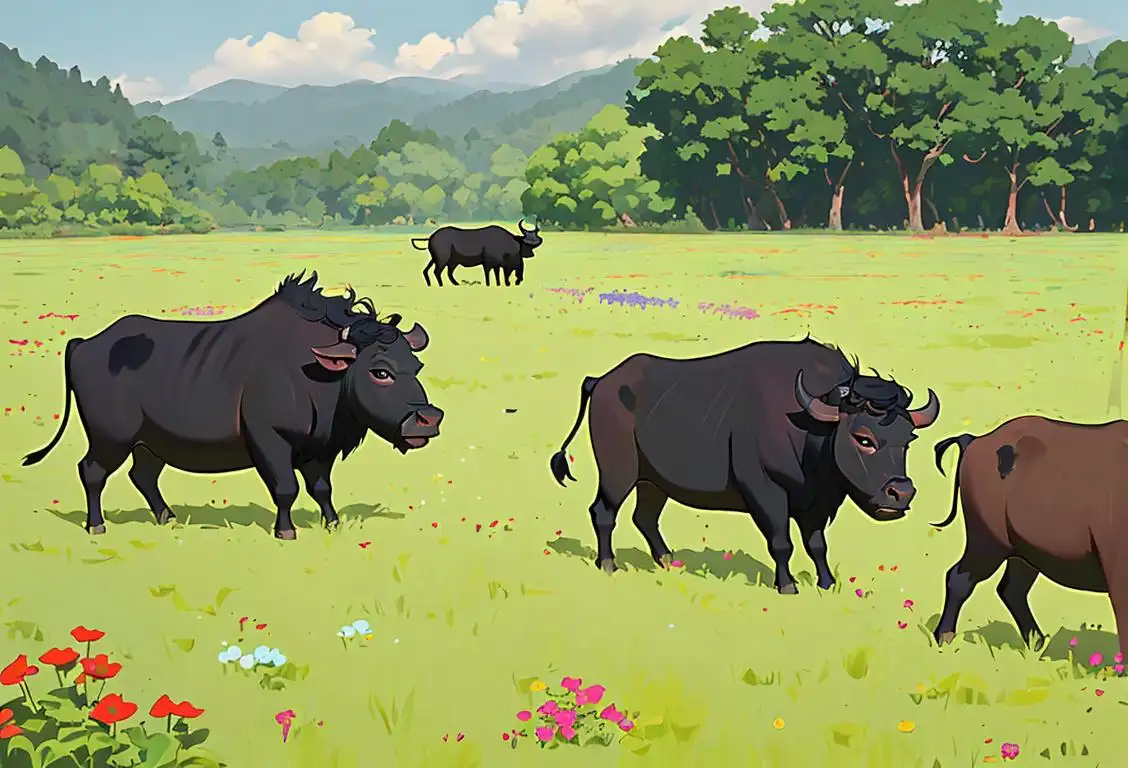National Camel Day
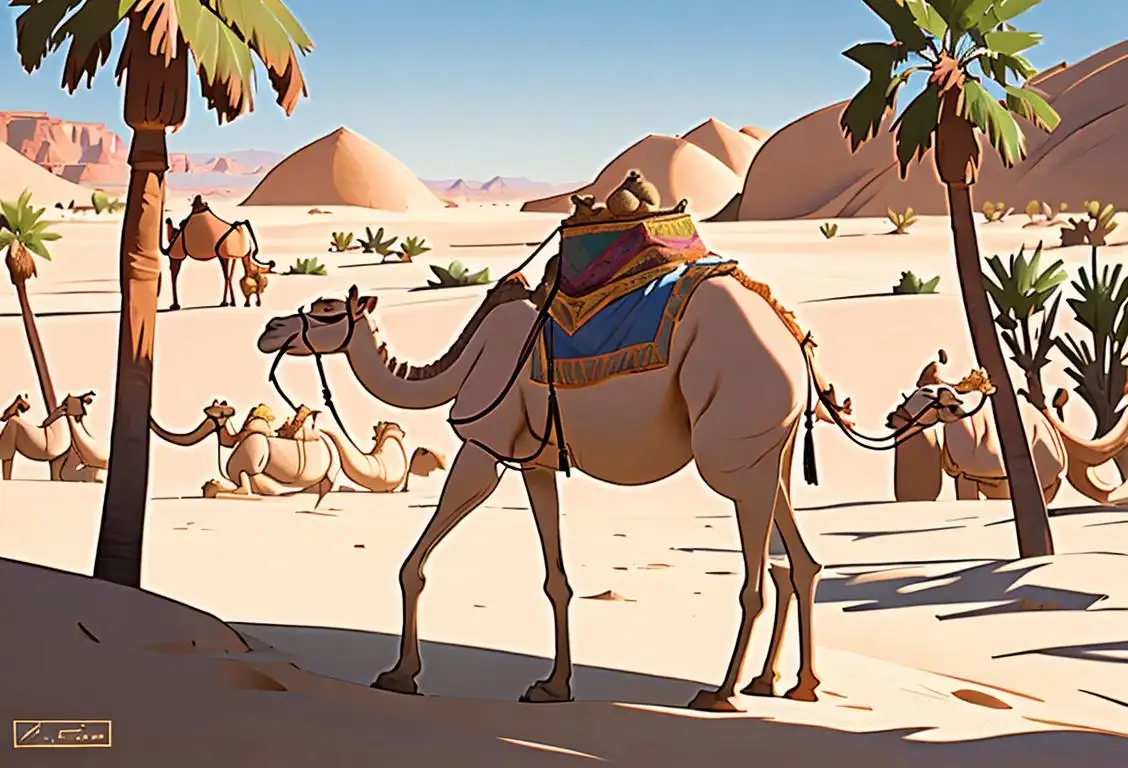
Welcome to WhatNationalDayIsIt.com, where we uncover the hidden history of national days! Today, we're diving into the delightful world of National Camel Day. Get ready to discover more about these majestic creatures and the fascinating stories behind this special day.
When is Camel Day?
It's national camel day on the 19th November.
The Internet History of National Camel Day
Come one, come all, it's time to celebrate National Camel Day! This peculiar national day may seem like a figment of someone's wild imagination, but it actually has a unique backstory rooted in the digital realm. Let's saddle up and embark on a journey through the internet to explore the origins of National Camel Day.
First detected online on November 19, 2015, National Camel Day quickly gained traction in the virtual world. Social media platforms buzzed with camel memes, tales of camel encounters, and even a few questionable camel-themed fashion trends. It was like a desert storm had swept across the internet, leaving behind a trail of camel-themed chaos.
Curiosity piqued, we decided to dig deeper into the online archives to uncover why November 19 became synonymous with our long-necked, hump-backed pals. While the exact origin remains mysterious, it appears that National Camel Day started as a lighthearted way to appreciate these magnificent creatures and their unique place in both history and popular culture.
Camels have long been symbols of resilience, survival, and adaptability. Their ability to traverse vast deserts with ease and carry heavy loads has made them invaluable to humans throughout the ages. From the Silk Road to Lawrence of Arabia, camels have left their hoofprints on the annals of time.
So, why not take a moment on National Camel Day to tip your hat to these misunderstood heroes of the dunes? Whether you're sharing a funny camel video online, reading up on camel trivia, or just giving a friendly nod to the next camel you see, let's gallop into this day with a sense of humor and appreciation for these magnificent creatures.
History behind the term 'Camel'
3000 BCE
Early Domestication
The term 'camel' originates from the ancient Arabic word 'jamal', meaning 'beauty' or 'bounty'. Camels were initially domesticated in the Arabian Peninsula around 3000 BCE, primarily for their milk, meat, and ability to withstand harsh desert conditions. The Arabic term 'jamal' eventually evolved into the word 'camel' in English, signifying the significance of these magnificent creatures.
3rd Century BCE
Trade and Cultural Exchange
As trade routes expanded across Asia and beyond during the 3rd Century BCE, the prominence of camels further spread. The Romans, Greeks, Persians, and other ancient civilizations encountered camels through their interactions with Arab traders, leading to the adoption of the term 'camel' in various languages. This cultural exchange further solidified the importance of these animals in trade, transportation, and desert life.
1300 CE
Translated to Other Languages
During the medieval period, European travelers began exploring and documenting their encounters with camels in the Middle East. This led to the translation of the term 'camel' into multiple European languages, such as 'chameau' in French and 'camello' in Spanish, allowing for a broader understanding of these animals across different cultures.
18th Century
Scientific Classification
With the emergence of modern scientific classification systems in the 18th century, the term 'camel' became an essential part of zoological nomenclature. Renowned naturalists, such as Carl Linnaeus, classified camels under the genus 'Camelus', further solidifying the use of the term within the scientific community. This classification ensured consistency and a universal understanding of these remarkable creatures.
Present Day
Symbol of Resilience and Adventure
Today, the term 'camel' has become synonymous with the symbolic qualities of resilience, adaptability, and adventure. Camels are widely recognized as the 'ships of the desert' and are celebrated for their ability to traverse long distances in harsh environments. The term 'camel' not only represents a fascinating linguistic journey through history but also serves as a reminder of the cultural significance and awe-inspiring qualities of these remarkable animals.
Did you know?
Did you know that camels have three eyelids? That's right, not one, not two, but three! These extra lids help protect their eyes from sandstorms and harsh desert winds. It's like having built-in goggles! So, the next time you see a camel strutting its stuff, remember to give a nod to those fabulous eyelids.Tagged
fun social media history animalsFirst identified
19th November 2015Most mentioned on
19th November 2015Total mentions
4Other days
Camel Day
Strike Day
Museum Selfie Day
Scandal All Day
Bessy Day
Mule Day
Golden Deer Propaganda Day
Barber Day
Ass Day
Water Buffalo Day




